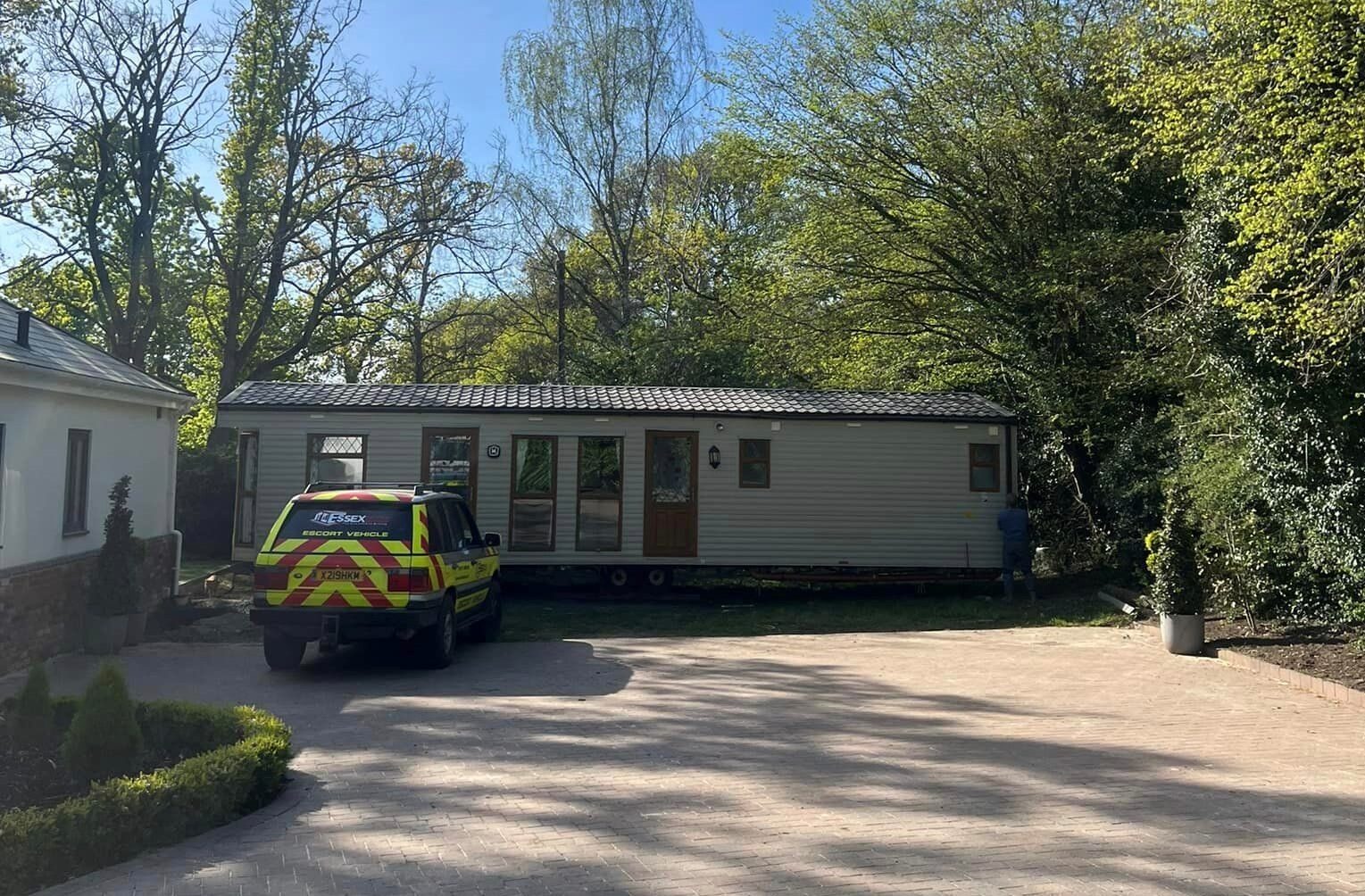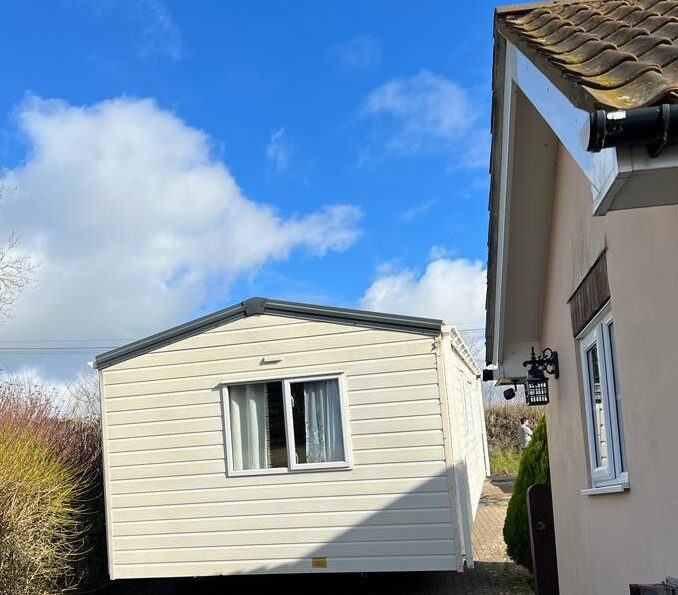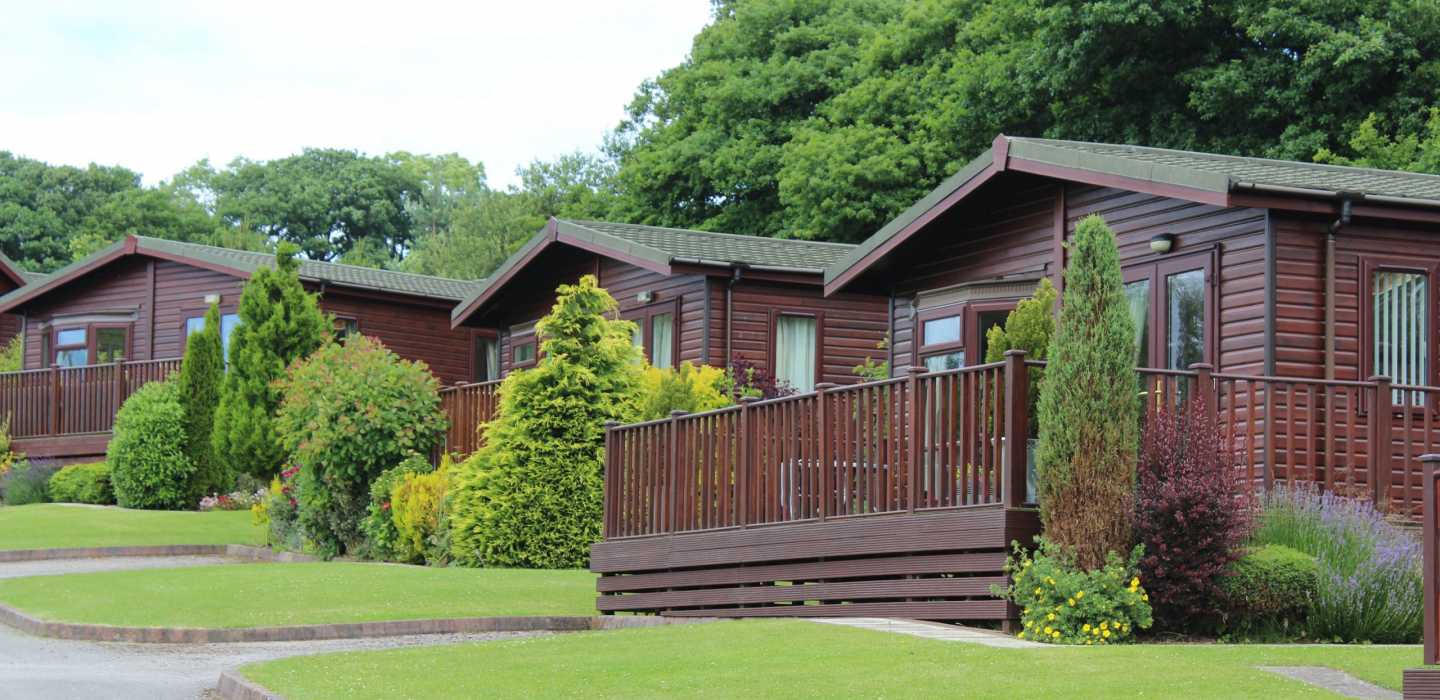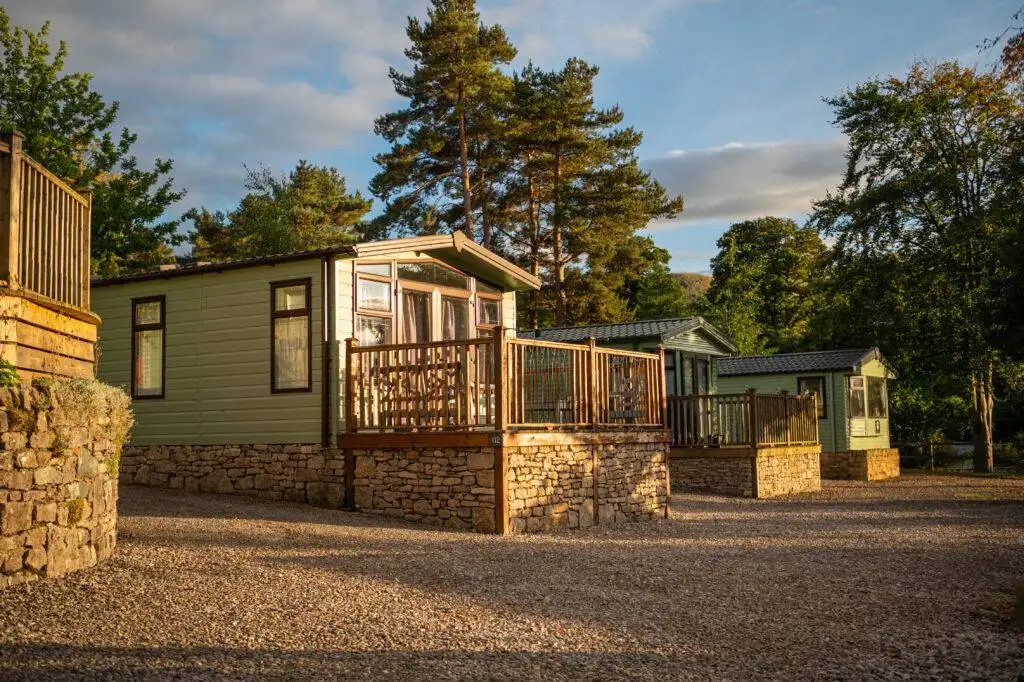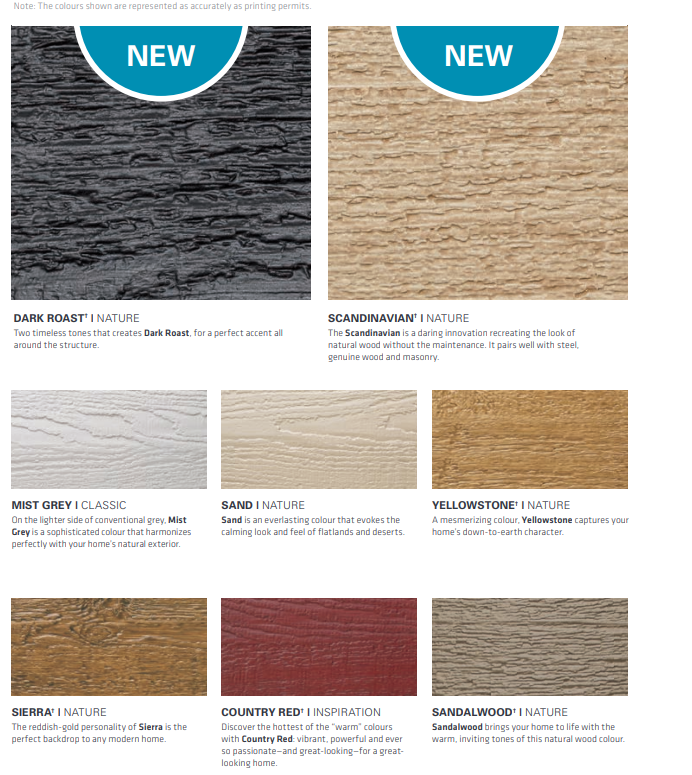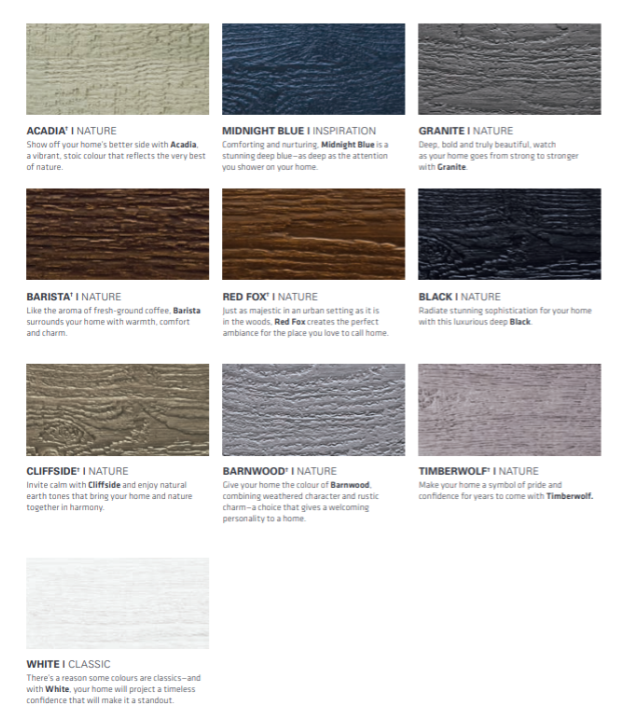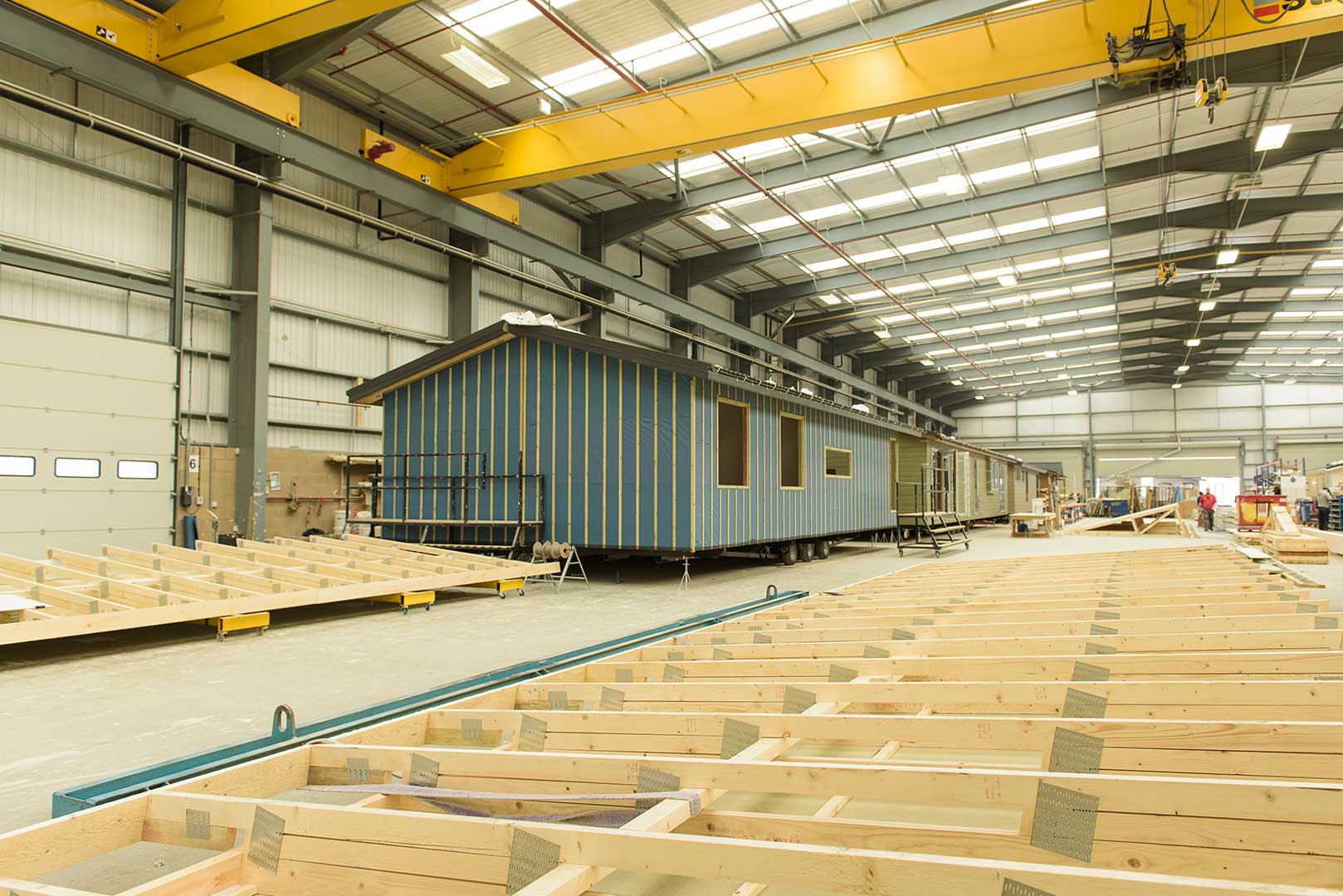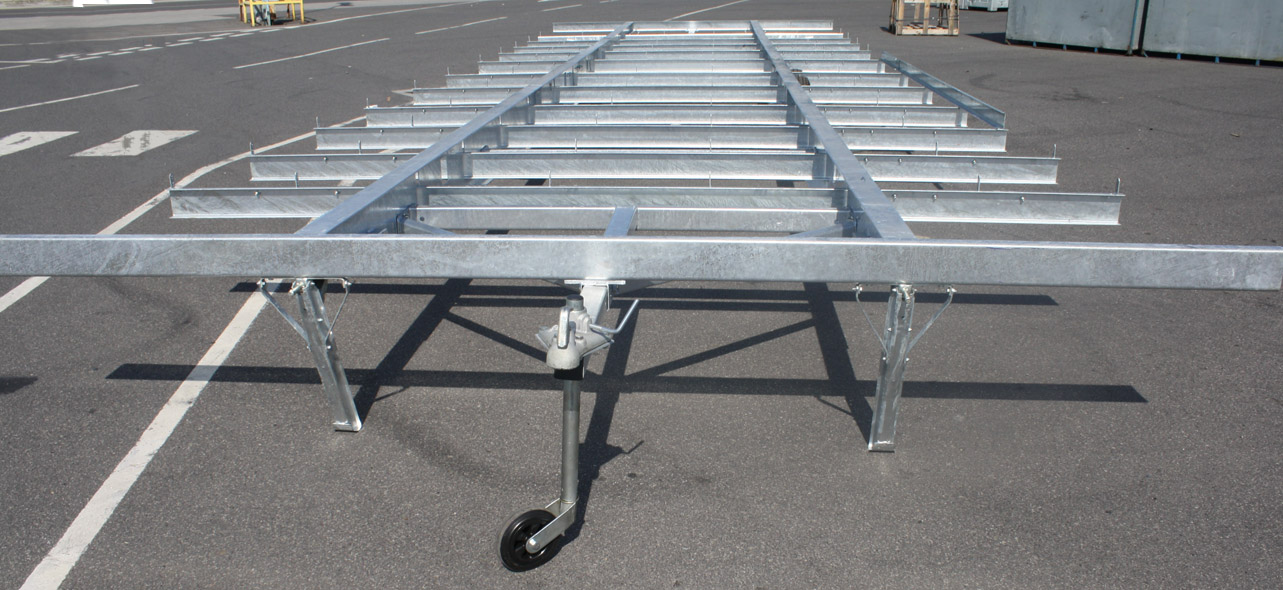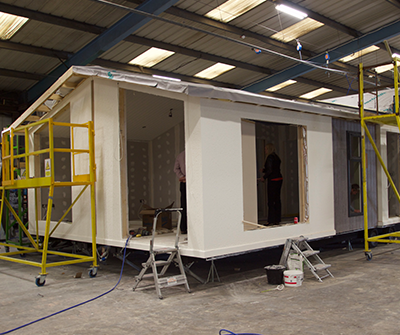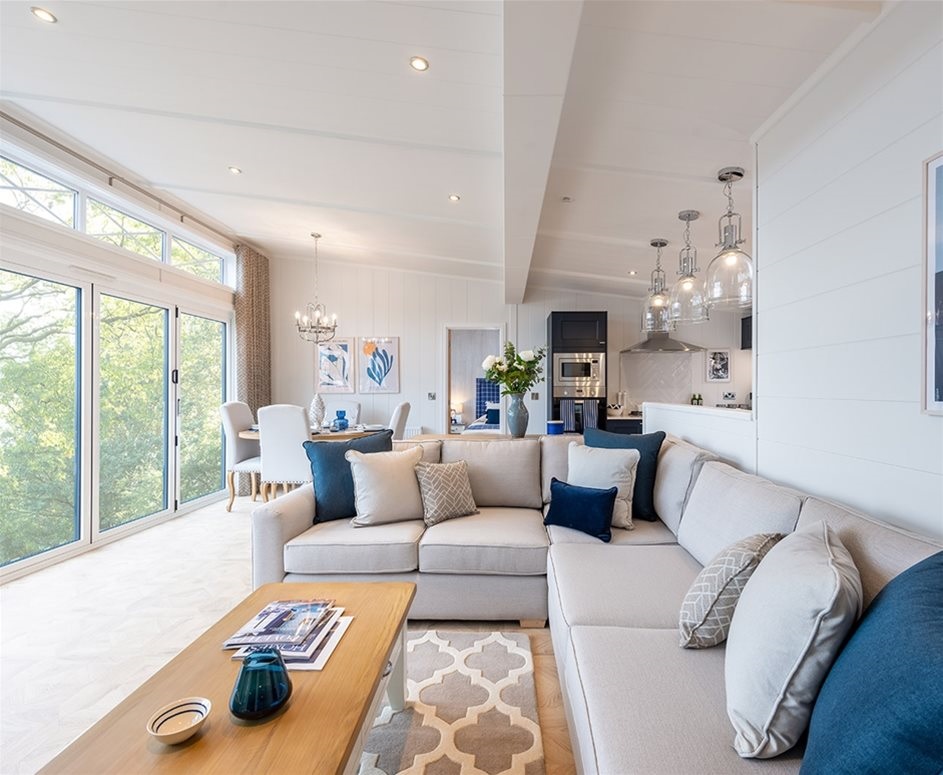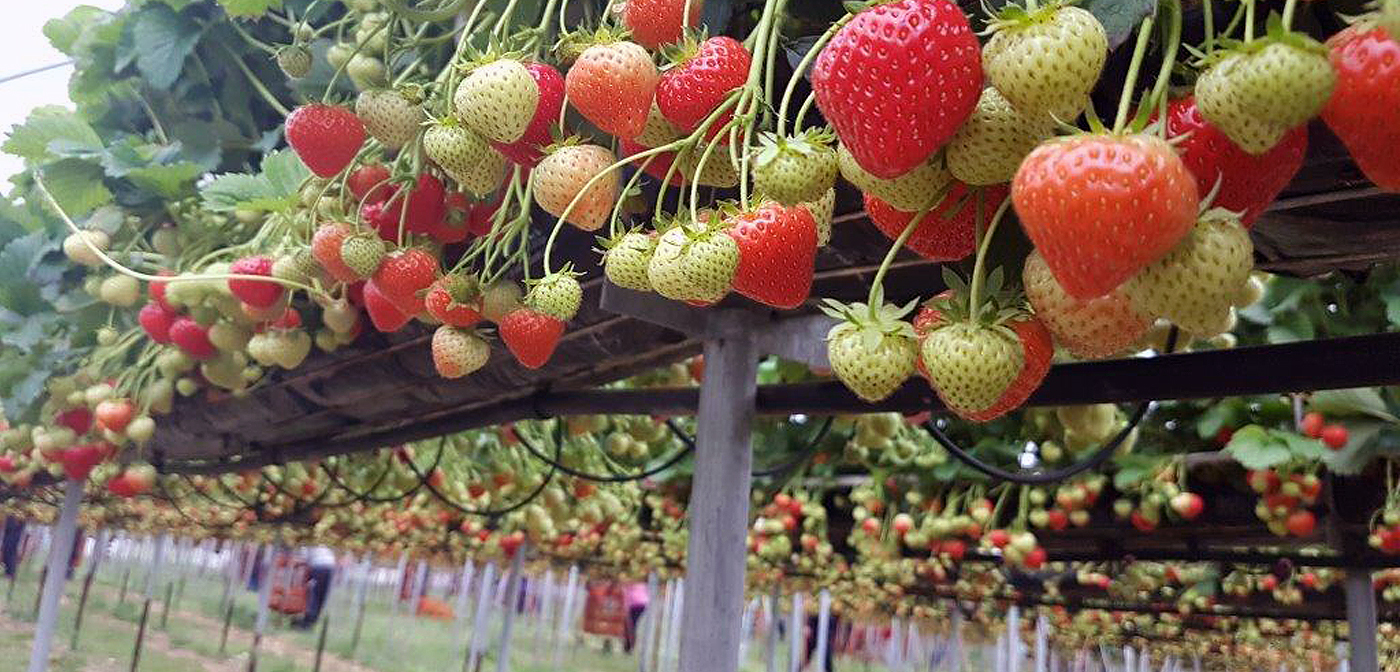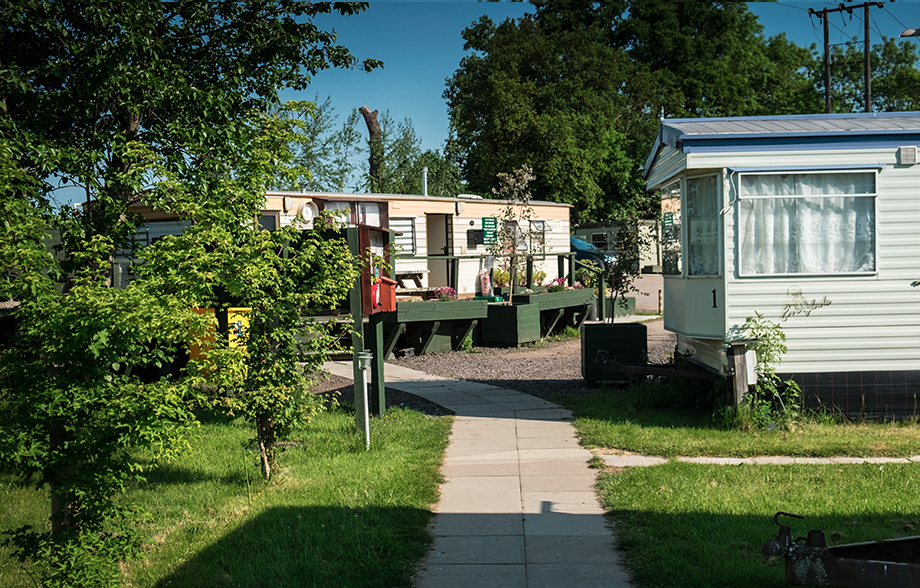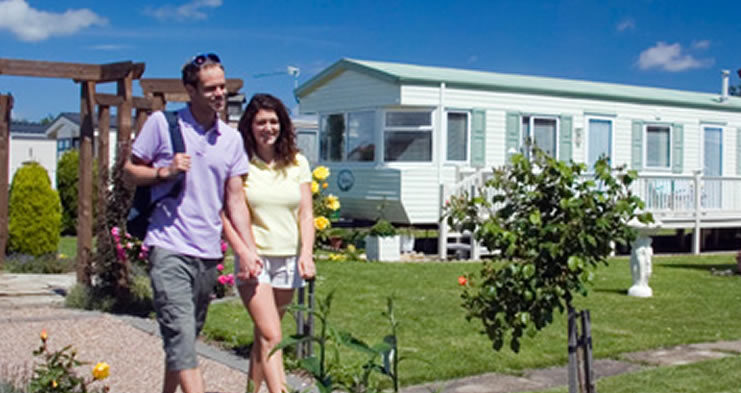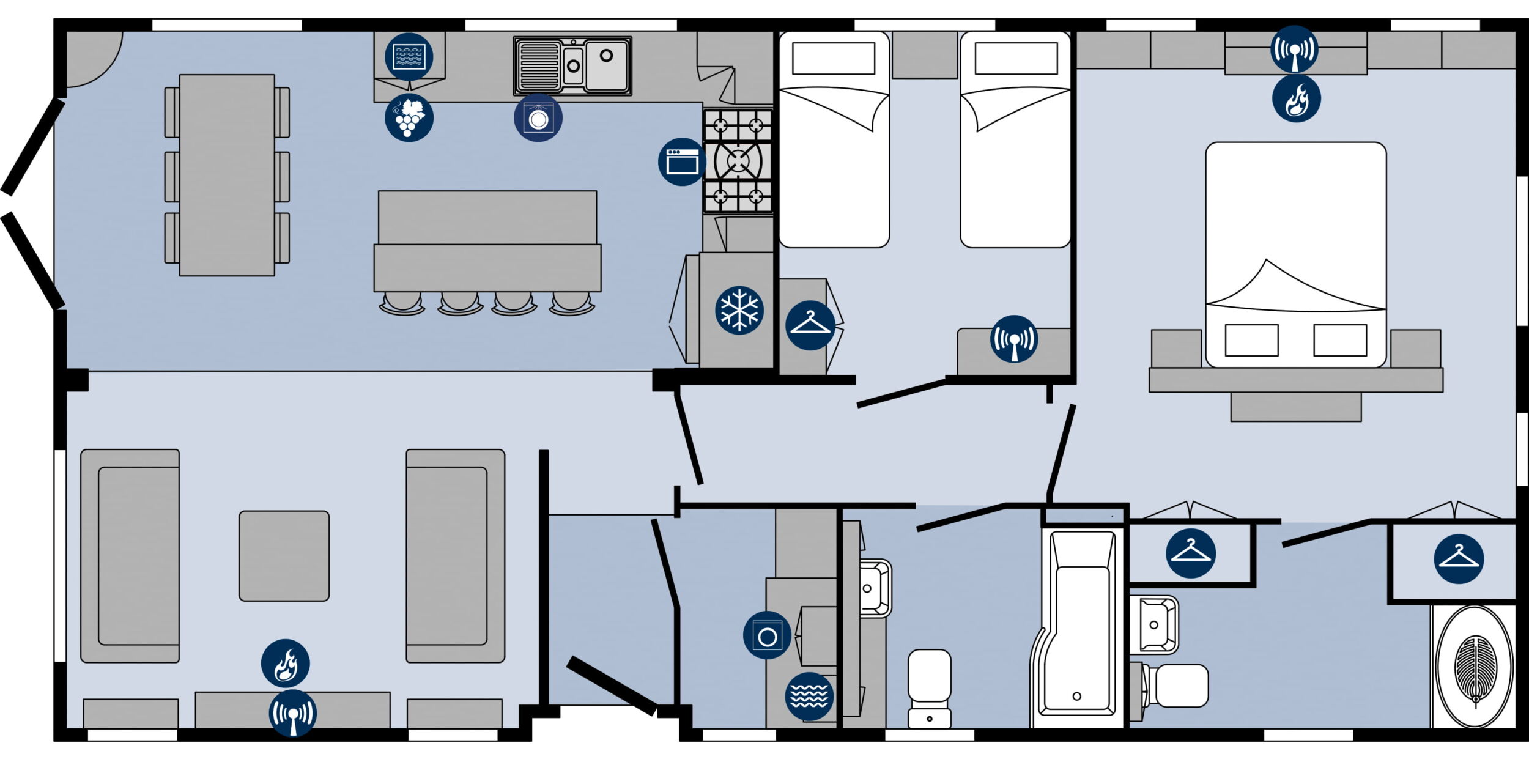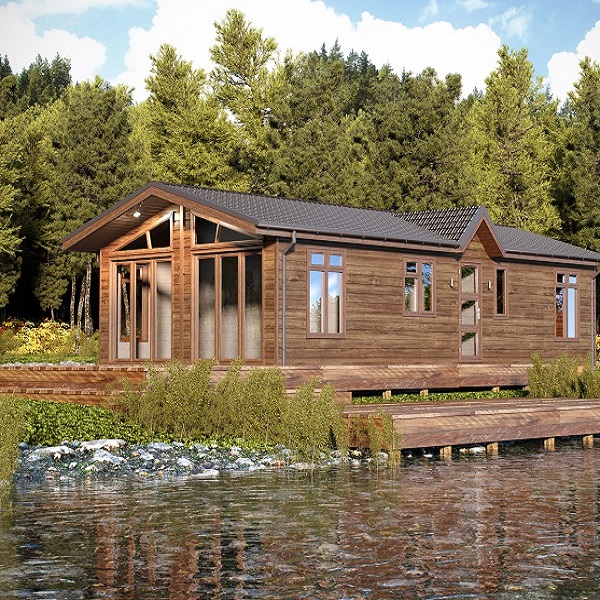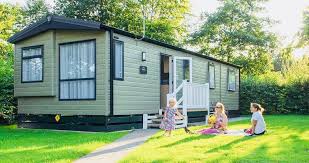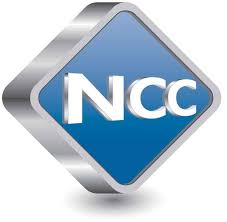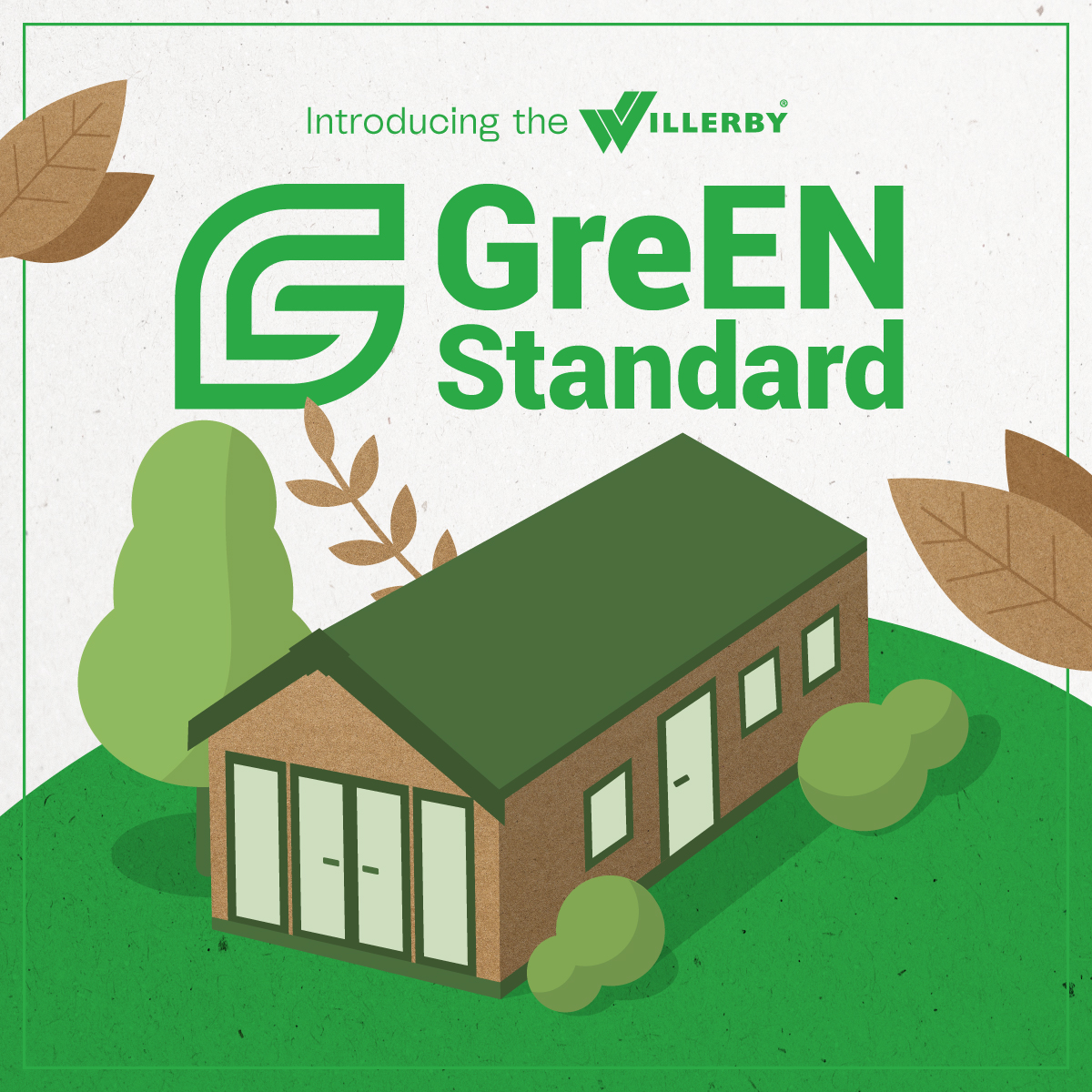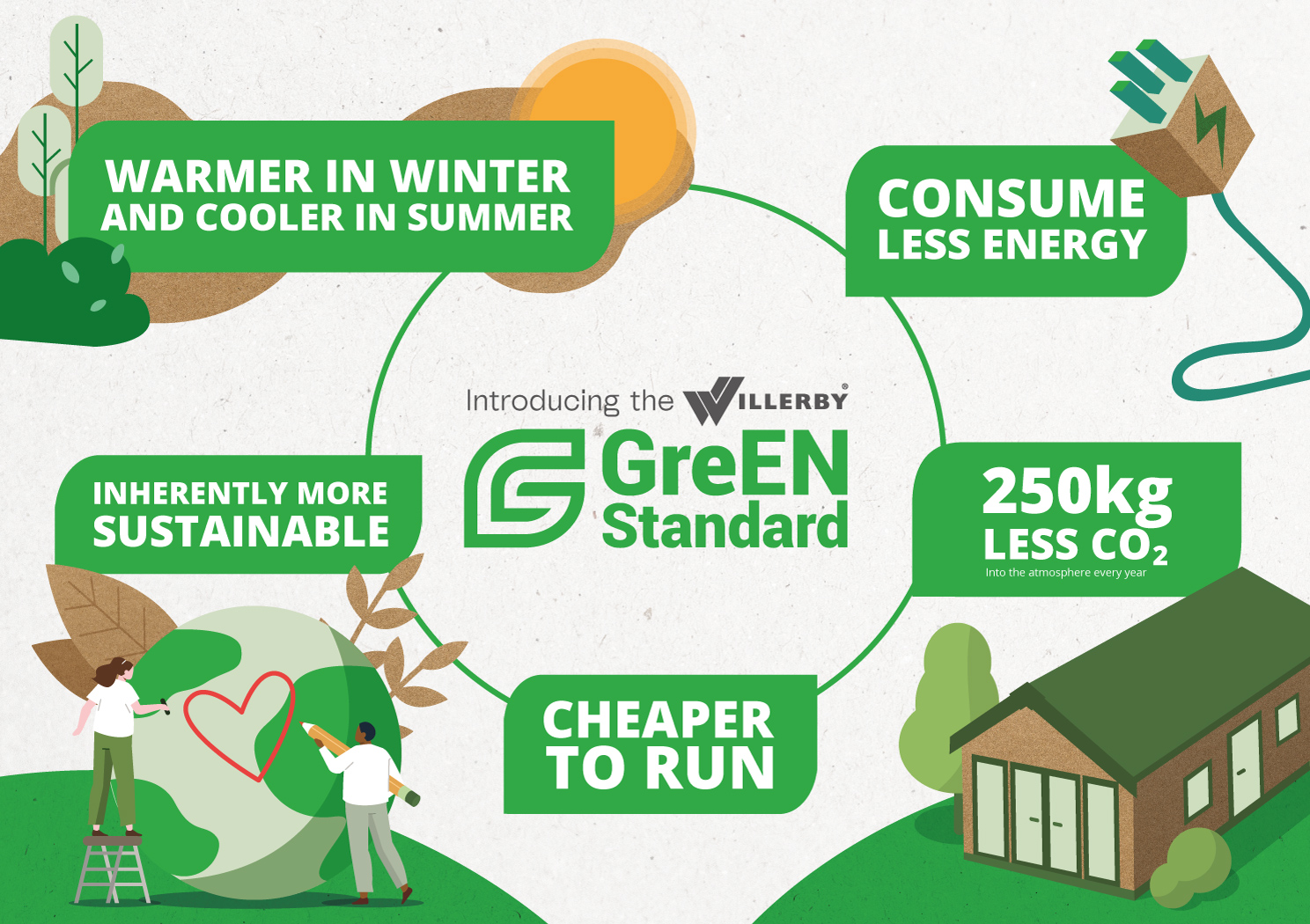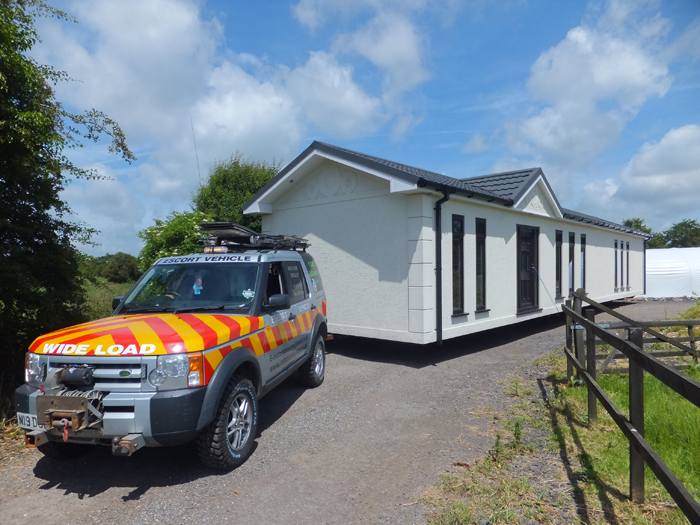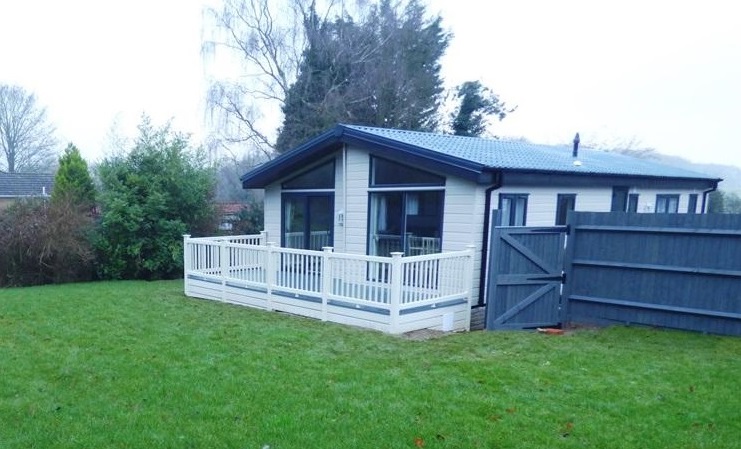The Ultimate Guide to Spending Your Summer Holiday in Britain
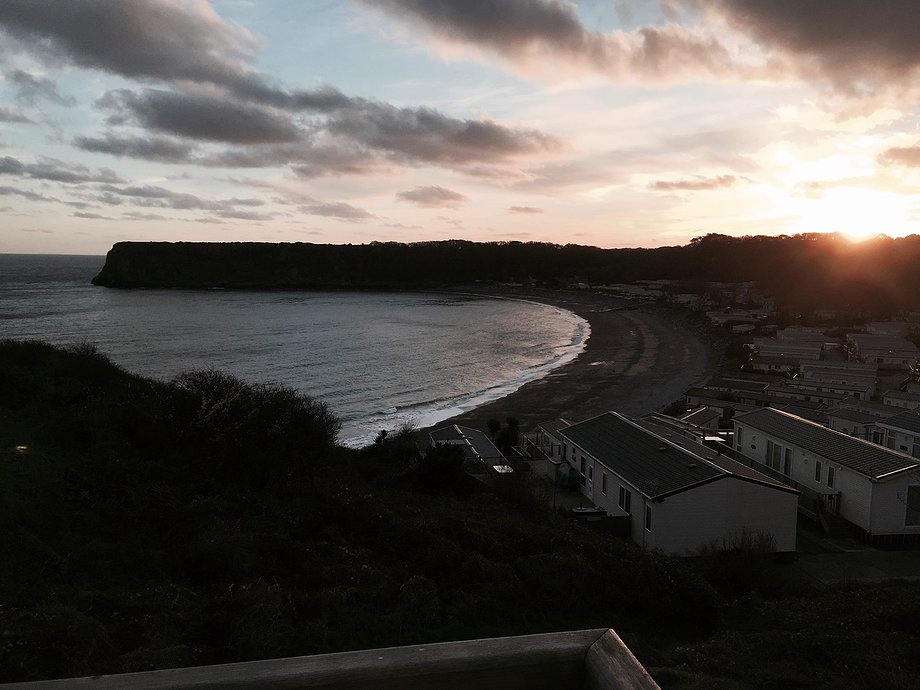
Another great British summer is upon us. With the school holidays underway, it’s time to get out and explore the best our nation has to offer, whatever the forecast might have in store.
Whether you’re looking for a day at the beach or to stretch your legs in the fells, our guide to spending your summer holiday in Britain has it all. We reveal the top destinations, campsites, hotels and things to do – from north to south, shoreline to summit, come rain or shine. If you’re looking for quieter inspiration we even reveal the secret to crowd-free and cheaper holidays in Britain and the quirky corners of our nation yet to be discovered by holidaymakers.
The best national parks
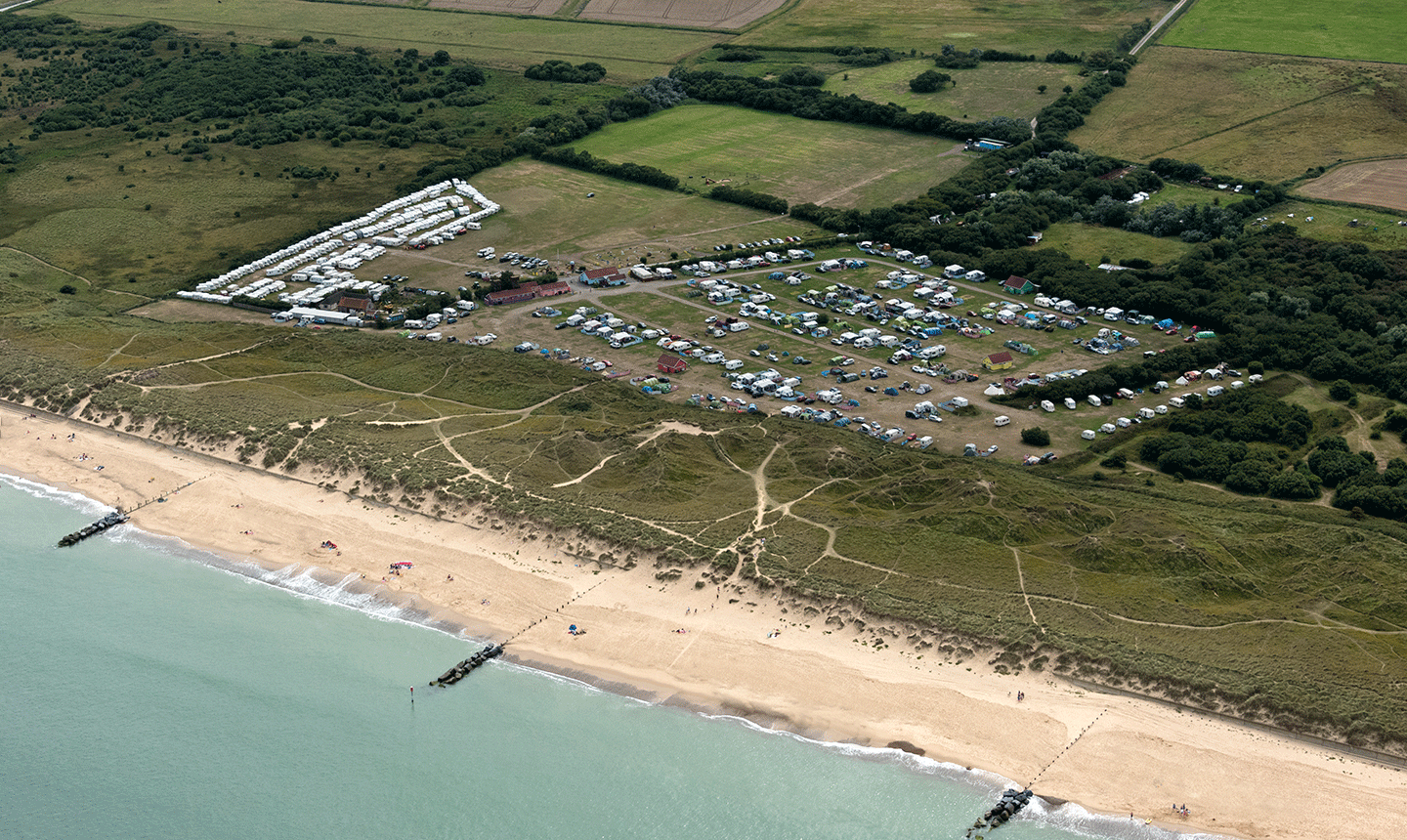
The UK is blessed with 15 showstopping national parks – these protected wild spaces come into their own in the summer months
But planning the perfect trip to any of the national parks can be overwhelming – where should you stay, which activities should you try and how do you get there smoothly? If you’d rather avoid baking on your beach towel this summer, our local experts lift the lid to help you make the most of the nation’s natural gems in our dedicated guides.
The best beaches and islands
Forget rolling countryside, do you want ice cream, sandcastles and sea breezes instead? The best place to start would be our expert guide to Britain’s 20 greatest beaches, from Cornwall to the farthest reaches of Scotland. If remote and untouched is more your vibe, check out one of these little-known strips of sand instead.
Britain’s coastline is brimming with delights away from the sand, too – including some of the nation’s most beautiful seaside villages and hotels. Offshore, our native islands are hidden treasures for holidaymakers – whether they’re beautiful or car-free, our experts have visited them all, so you can find the right fit.
If you’d rather avoid the crowds at the coast, but still fancy a dip, our experts reveal the nation’s top lidos and outdoor pools. Or give wild swimming a go at one of our top choices.
If you’re simply planning a family picnic to pass the time, we reveal the top spots across Britain to unfold the gingham.
The best walks
If there’s a better way to enjoy the long summer days than with a walk through picturesque surroundings to a characterful pub, we’ve not discovered it. To help you put your best foot forward this summer, our expert on everything related to rambling and real ale has chosen his favourite routes starting and finishing at a great pub.
If you’re looking to clock up the miles, our choice of crowd-free alternatives to the UK’s most popular routes is further inspiration, or why not trade in the mountains for the coast, with the nation’s best trails with sea views?
The best staycation hotspots
Aside from beaches, mountains and national parks, Britain is brimming with wonderful regions and cities to spend the summer exploring.
Our experts are all insiders and have written knowledgeable guides to help you plan the perfect visit. Whether it’s finding the best restaurants, a refreshing pub, a cool new attraction for a rainy day or a local brunch spot, we’ve got it covered in our destination guides, from the Pembrokeshire to Cornwall, and Edinburgh to Bath.
The best alternative destinations
Beyond the big names there are abundant secret British hideaways yet to be discovered by holidaymakers. If you’d prefer to spend your summer exploring beyond the beaten track, our insiders lift the lid on faded seaside towns that are worth visiting and corners of the nation tourists (wrongly) forget, including the unsung appeal of our AONBs.
To help you discover the best of Britain we’ve also mapped 150 of these weird and wonderful places – below you’ll find the stories behind some of our favourites.
The best campsites and hotels
Once you’ve chosen where you’re going and what you’re doing when you arrive, the final piece of the holiday puzzle is where you’ll stay.
From coastal campsites and luxury glamping, to seaside hotels and pubs with rooms – Check out our Park Locator here: Holiday Parks – UK Caravan Centre
Credit to MSN/Telegraph : The ultimate guide to spending your summer holiday in Britain (msn.com)
Similar Articles
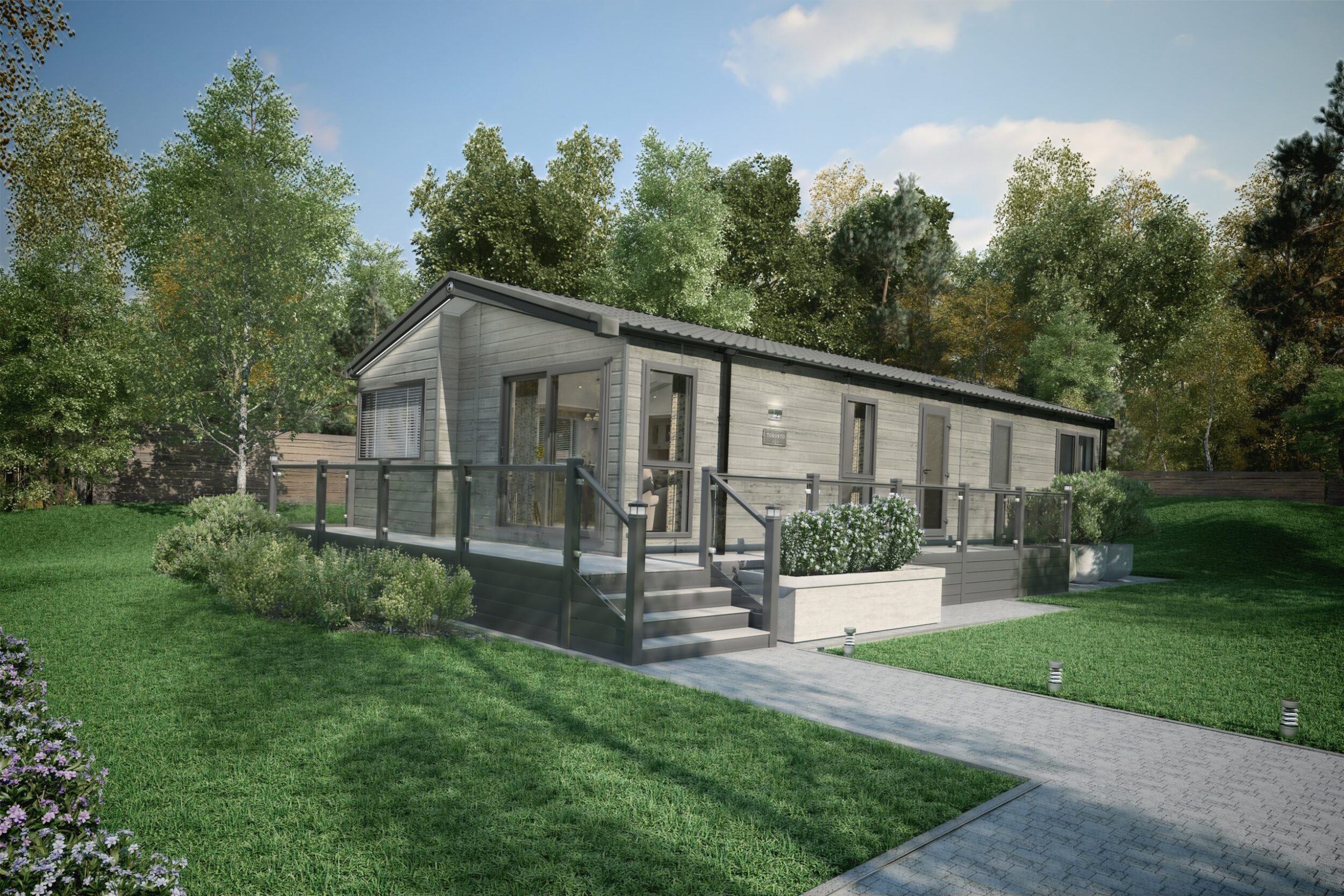
Exciting News: We Now Supply Swift Holiday Homes & Lodges!
Exciting News from The UK Caravan Centre! We’re delighted to...
Read More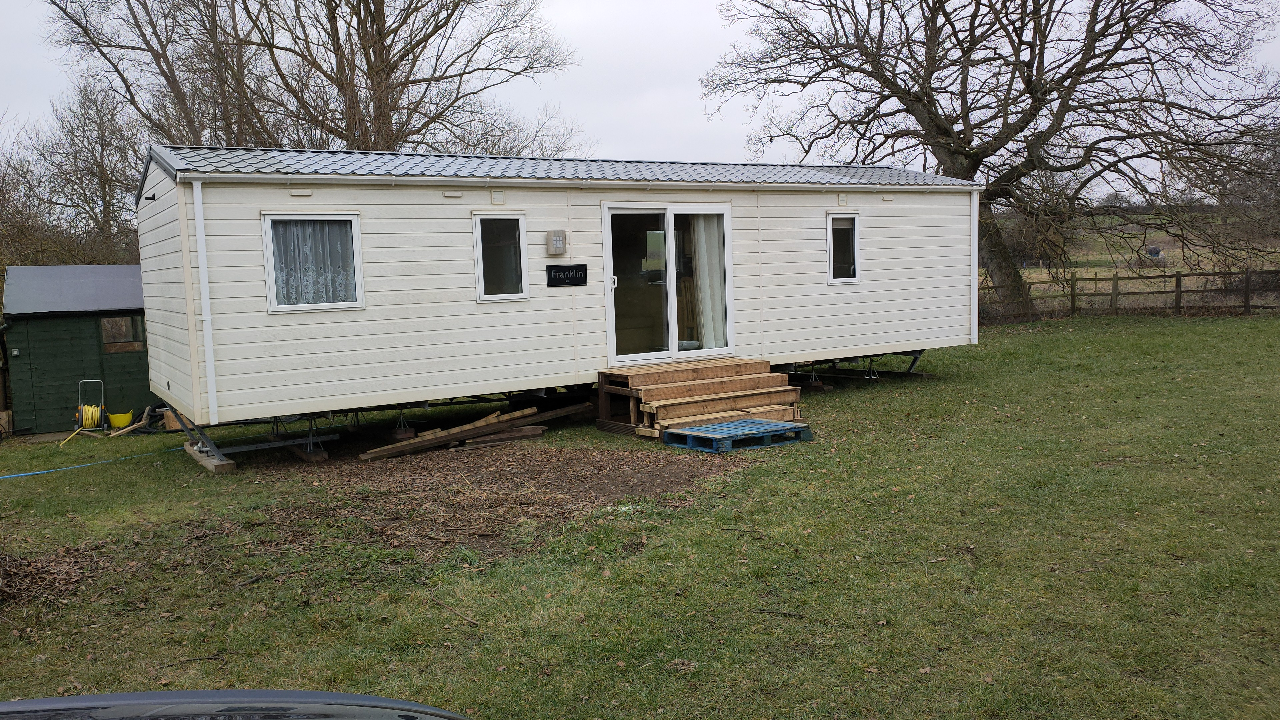
Can I Live in a Static Caravan or Lodge on My Own Agricultural Land?
Many people dream of living on their own land, surrounded...
Read More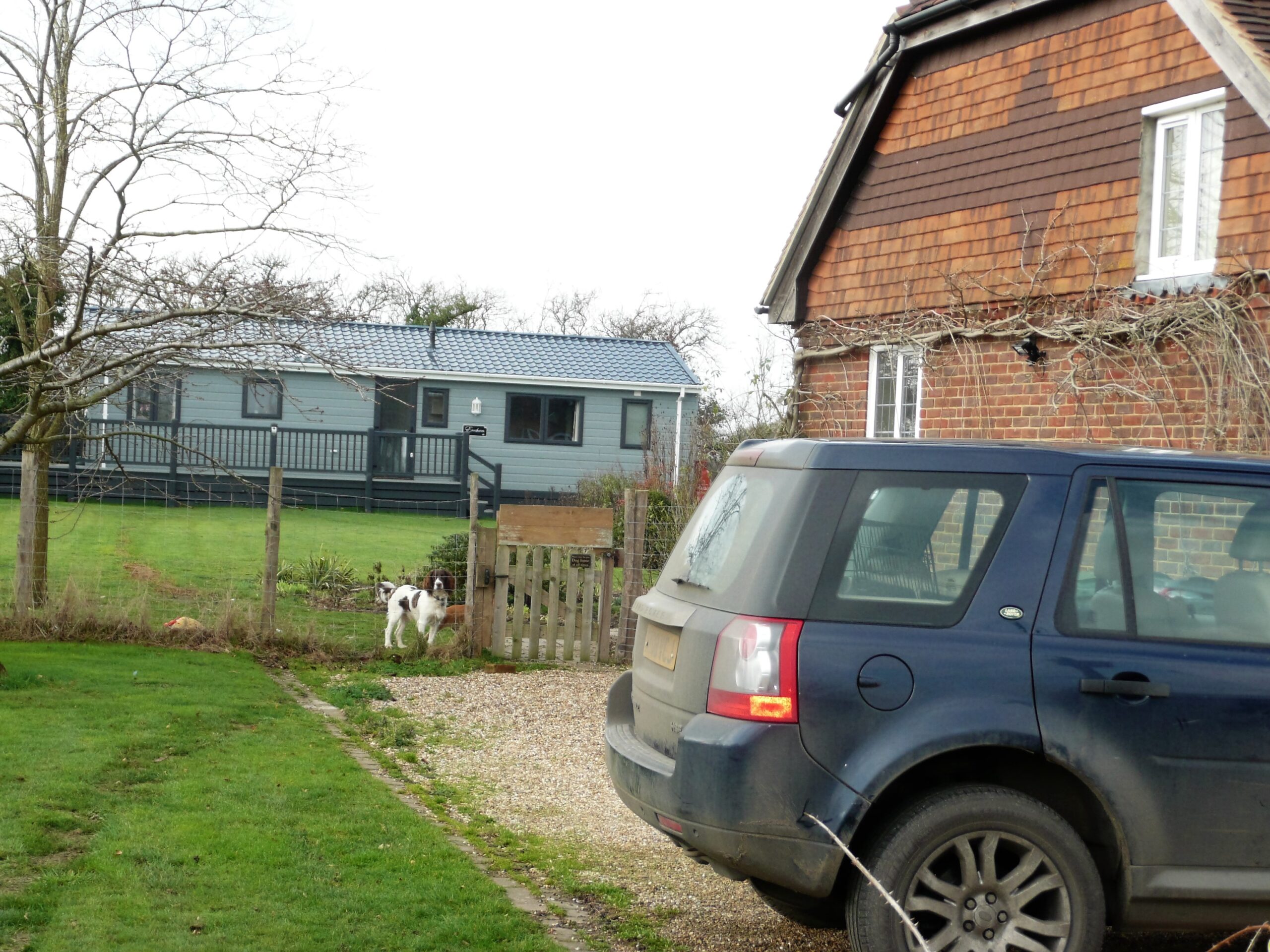
What Does “Ancillary Use” Mean for a Static Caravan?
f you’re considering placing a static caravan in your garden,...
Read More

